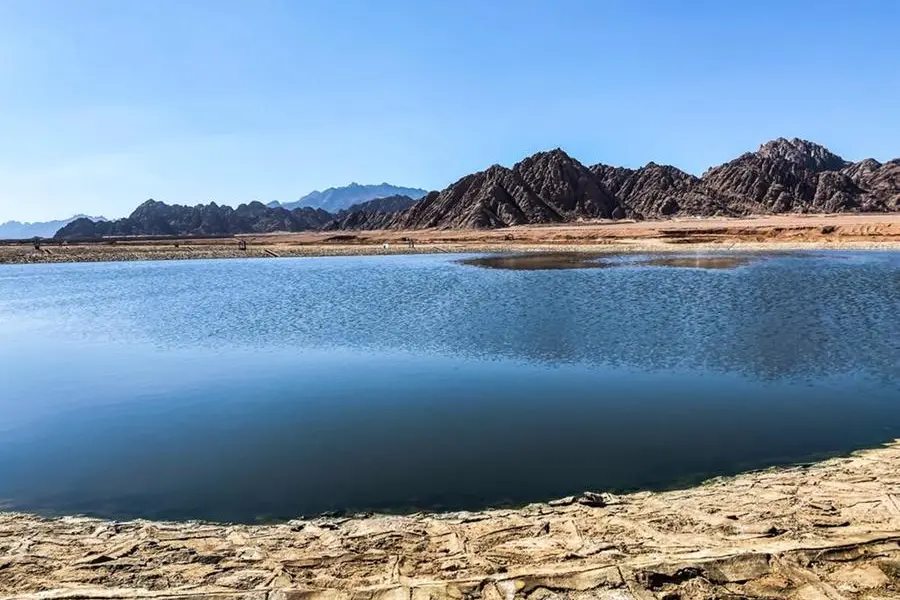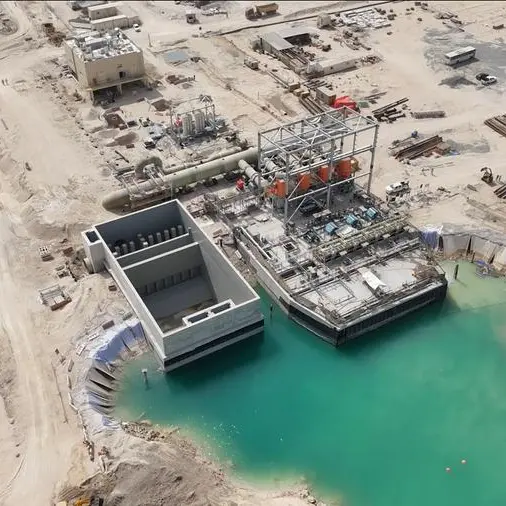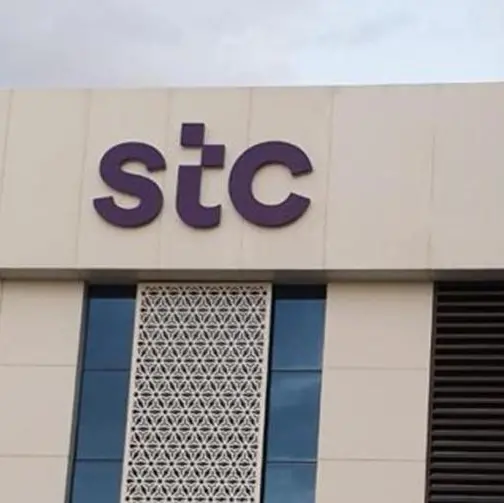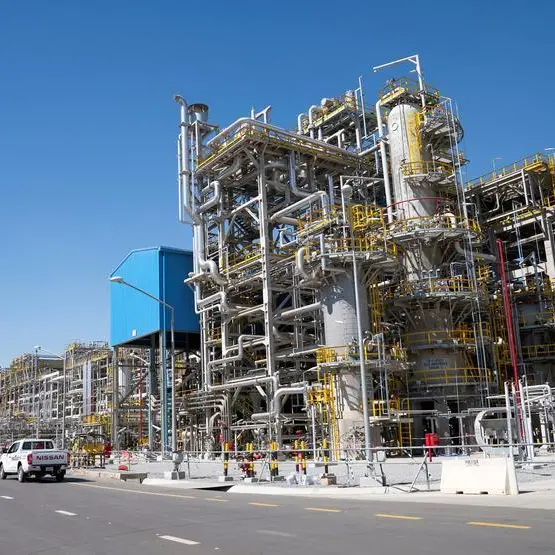PHOTO
Ecolab, a US-based water treatment and purification solutions company, is working with the Egyptian government on the National Water Project to mitigate the country's water challenges, a top company official said.
Vishal Sharma, Ecolab's Senior Vice President for India, the Middle East, and Africa region, told Zawya Projects that the company is collaborating with the Egyptian government on the National Water Project to treat domestic wastewater and reuse it in agriculture.
"We have started treating wastewater in Sharm El-Sheikh and Aswan and are planning to expand this to many more sites," he said on the sidelines of the recently concluded COP 27 in Sharm El-Sheikh, where Ecolab was a sponsor of The World Climate Summit.
Sharma said the Sharm El-Sheikh wastewater treatment plant capacity is about 70 million litres per day, while in Aswan, it is 60 million litres per day.
"We've collaborated with the Egyptian government for four years on this project. Based on research, lab, and field trials across 250 wastewater treatment plants, we arrived at the best and most effective solution for treating municipal wastewater."
The Ecolab official said the project would expand to 25 sites from the current two over five years.
"Once we reach the 25 sites, we will treat nearly 7 trillion litres of water. This is the ambition for us and the Egypt National Water Project," he said.
He pointed out that the project aims to treat municipal wastewater to a level where the water quality is suitable for reuse for agricultural purposes, which was not the case before. The project will also reduce the amount of freshwater used for agricultural purposes, making more freshwater available for communities.
"Through the National Water Project alone, we will help the country save enough water equivalent to the annual drinking needs of 20 million people yearly," he said.
Saving water in industries
Ecolab is also working with Egypt's industrial sector companies to reduce, reuse and recycle water.
Sharma explained that a large amount of energy is used while heating, cooling, moving, and treating water, and this energy generation leads to greenhouse gas emissions.
"Whether it's the steel, fertiliser, or chemical companies across the Suez Canal area, or whether it is with refineries, we work with our partners to optimise, reduce, reuse, and recycle water across their entire process, the objective being to reduce the amount of water, and as a result energy, that is used," he said.
The Ecolab official said the company is working with a very large phosphate fertiliser company in Egypt to reduce its water consumption.
He elaborated: "So far, we have successfully reduced their water consumption by nearly 20 percent and are working together to find further opportunities to save water and energy. Similarly, we are working with large customers in Saudi Arabia and many other countries in the region."
In Egypt, the company is currently involved in 25 projects with completion timelines ranging from three to 12 months.
"Different projects have their specific timeframe as it depends very much on the complexity of the projects," said Sharma, noting that the company's turnover in Egypt is about $50 million and growing quickly.
While Ecolab's main markets in Egypt are in the industrial and hospitality sectors, the company is also targeting other sectors.
"Recently, we launched our healthcare solutions in Egypt, working with hospitals to provide hygiene and infection prevention solutions to help keep patients safer," he said.
Sharma said in 2021, the company helped its customers in Egypt save 2.4 billion litres of water, enough to meet the annual drinking water needs of 2 million people.
"The end price of water is often undervalued and divorced from local realities, meaning it does not adequately account for scarcity or quality concerns. Water can be relatively inexpensive in highly water-stressed areas. If left unaddressed, this underappreciation of water exposes organisations to a host of risks, including business shut down if the water in that basin runs out totally," he concluded.
(Reporting by Marwa Abo Almajd; Editing by Anoop Menon)
(anoop.menon@lseg.com)





















